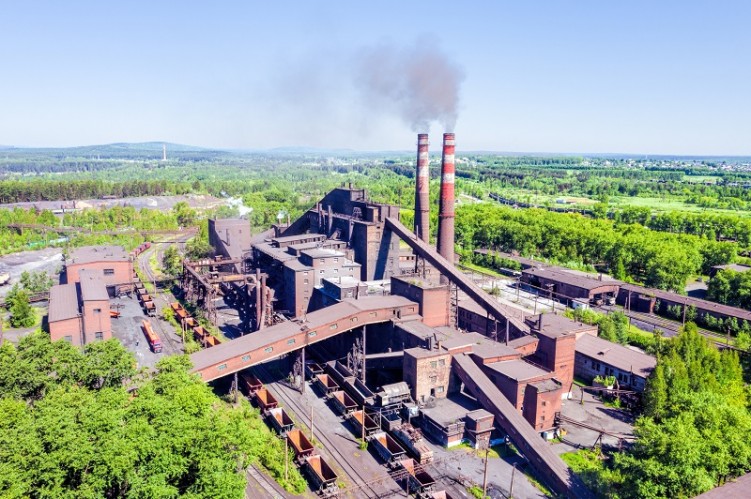What is industrial deglomeration?

What is industrial deglomeration?
The activity of relieving the excessive concentration of industry in an area is called industrial deglomeration. We can distinguish between two types of deglomeration - active, which involves the relocation of workplaces outside the agglomeration boundaries, and passive, which involves preventing the creation of new jobs within the agglomeration. When is industrial deglomeration necessary and what are the steps involved?
When is industrial deglomeration necessary?
We can speak of the need to deglomerate industry in several cases. The aim is to relieve excessive concentration in a specific area, while the causes can be many. One of the most common is the overburdening of transportation or energy infrastructures. Industrial deglomeration often also aims to economically activate areas that are underdeveloped. It is also often the case that relocation of machinery and other deglomeration activities are undertaken due to labour shortages, deteriorating environmental conditions or a shortage of housing or vacant land.
What activities should be carried out as part of industrial deglomeration?
When workplaces need to be relocated for any of the reasons mentioned above, a number of steps are required. Industrial plants have a whole fleet of specialised machinery, vehicles or equipment, making industrial relocation a complex process. Before machinery is transported, it is necessary to dismantle, secure and appropriately mark it.
Once the equipment has been moved to the new location, it needs to be placed on ready-made foundations and, if necessary, they are to be made first. The next step is to assemble the machinery. Regardless of whether individual machines or entire production lines are being assembled, once the equipment is safely positioned at the given location, it is necessary to start it up and carry out a function test. In addition to this, the necessary utilities must also be connected at the relocation site or, if they are not available, made.